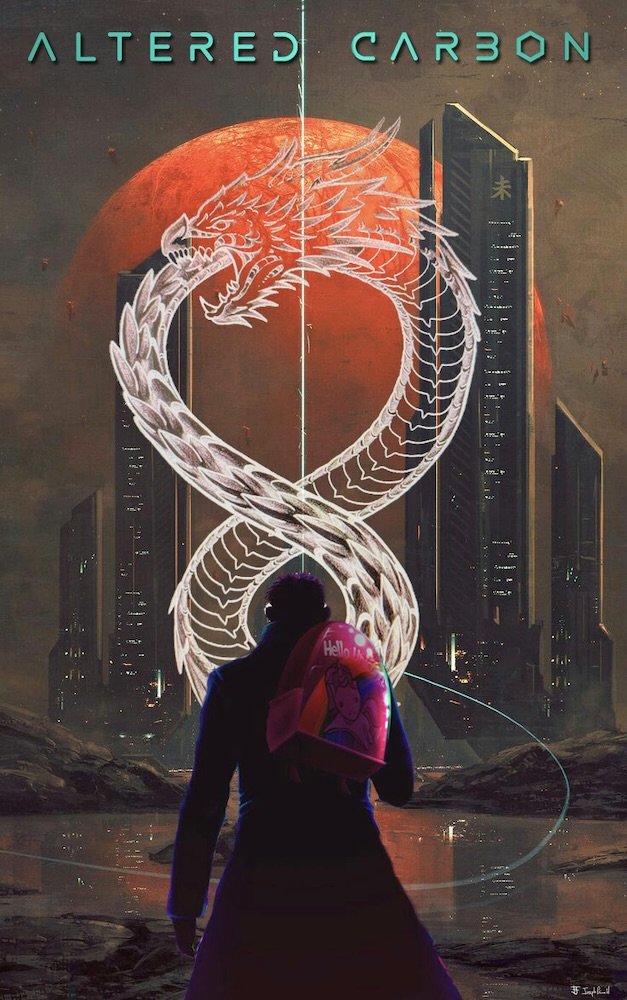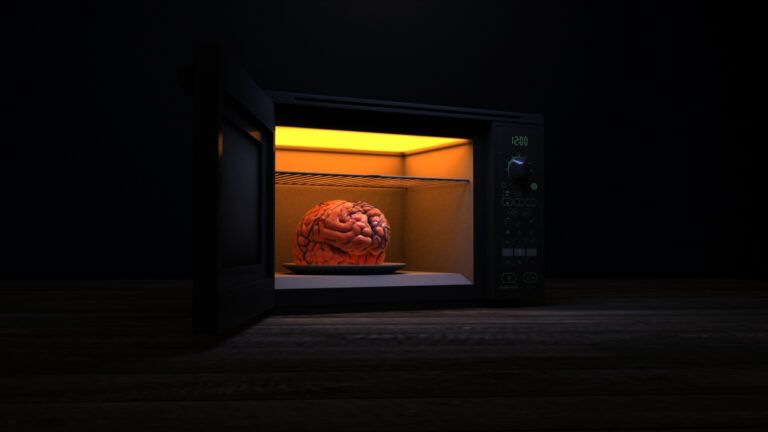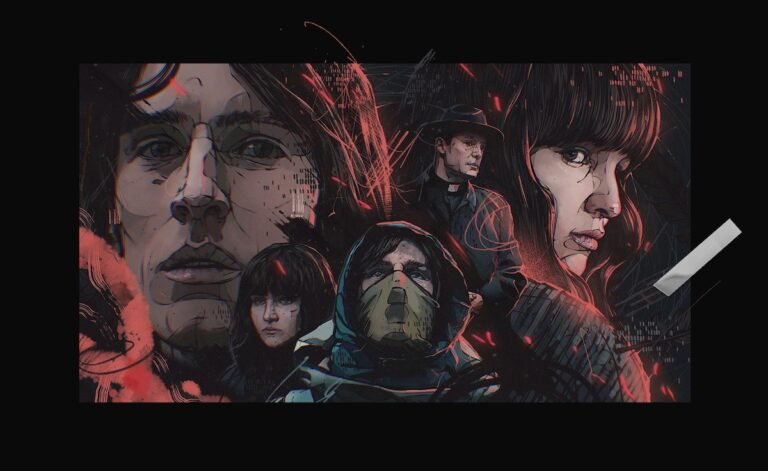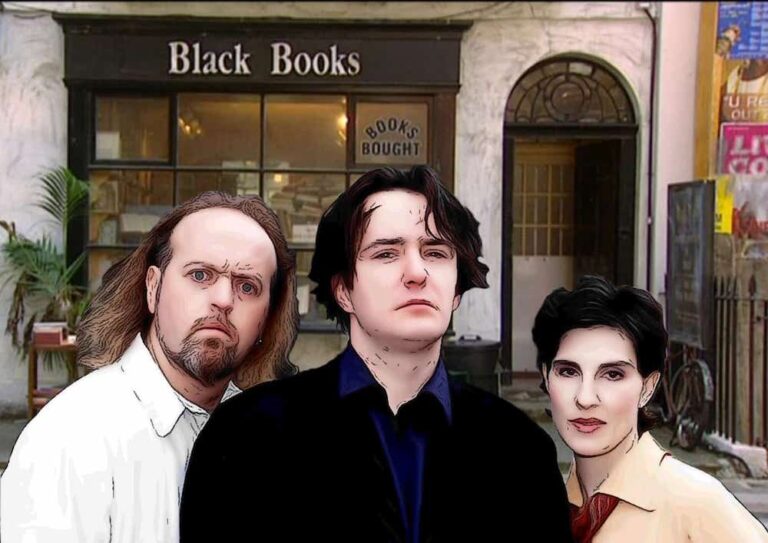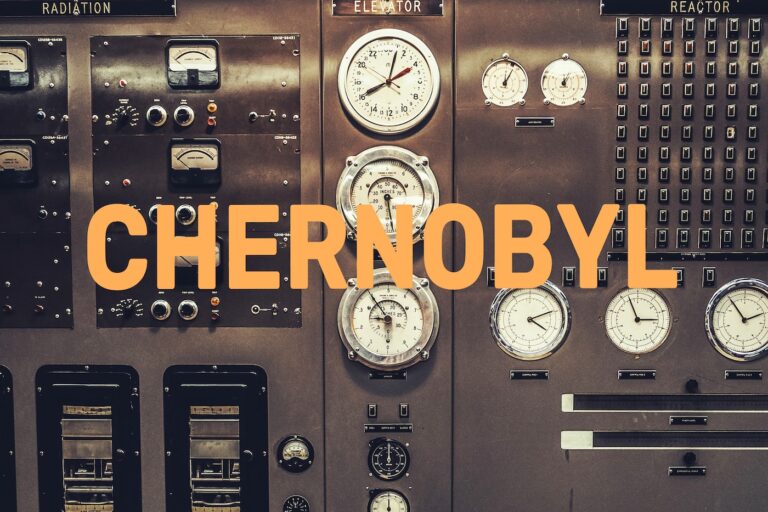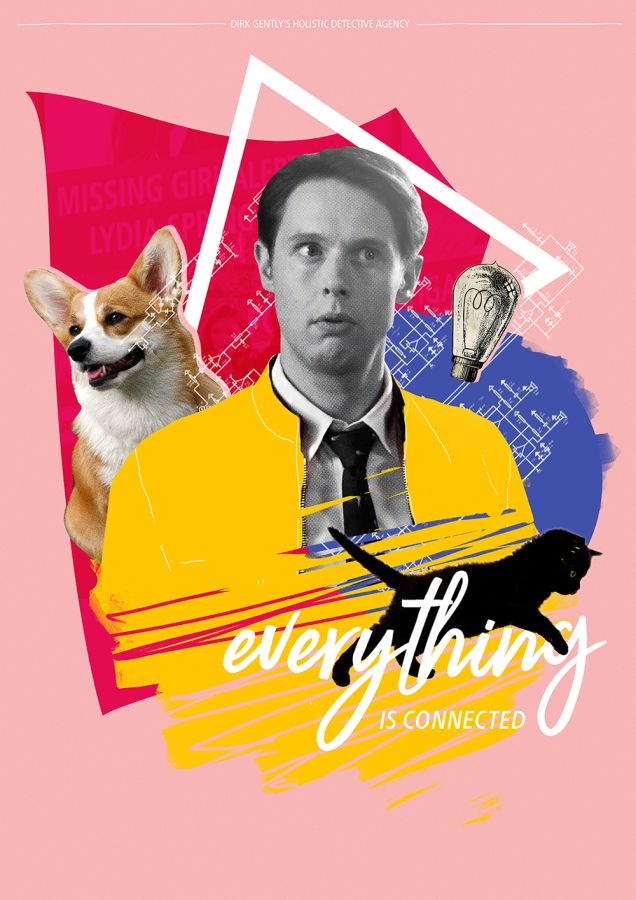Altered Carbon will have you asking: Would you choose to live forever if you could? Well here you can, but only if you’re filthy rich and have lived so long that stepping on and over people becomes second nature – so maybe humanity shouldn’t live forever? Still, if you want to be brought back from the dead you might find yourself thrown into a convicts’ body, in the opposite gender, or tossed into a person sixty years older, and why? Because that’s the best you can hope for, unless that is you’re in the top 0.0001% of wealth.
In this futuristic world of humanity, we’ve not only reached for the stars and inhabited new worlds, but learned how to extend life through an imbedded object known as a stack – a blue honeycomb disc that’s inserted into the back of the neck and which takes a digital print of the person’s consciousness – which means your soul can effectively be moved between bodies, and as such the outside form becomes known as a sleeve, for you can change them as frequently as your clothes – but you might not always like the result.
Our protagonist and guide into this world is Takeshi Kovacs the last envoy – a highly skilled soldier who can control situations around him with far greater ease than most. Sent into a void of nothingness for 250yrs – over “terrorist” charges – Kovacs finds himself reawakened. His knowledge of the present world as initially confusing as our own, but he serves as the middle man branching us from the now, to the then.
But why has he been brought back now? Because his detective skills are needed by the ridiculously wealthy Bancroft; a man who wants the “Last Envoy” to find out who killed him and why – because remember, death doesn’t take so easily here, thanks to the existence of stacks. Seeing an opportunity Kovacs reluctantly agrees to investigate Bancroft’s case even though the man embodies everything he hates. However, from the moment of his agreement he gets pulled into a web of lies and deceit, which may just involve his own past – the first season splitting into different timelines as Kovacs looks back at a life that’s determined to confront him.
Aside from Kovacs, the surrounding characters are just as interesting, mysterious, desperate and nothing short of dangerous. In summary Altered Carbon isn’t low on violence with the choreographed fight scenes a display of beauty. Combine this with its sexually charged atmosphere of season one and it could give Game of Thrones a run for its money.
As the leading figure of the show Takeshi Kovacs is many things; his life a series of good vs bad decisions, whilst be cunning and kind, but not forgiving. Add to this a natural suaveness, and a touch of broodiness that’s made all the better in his comedic partnership with an AI called Poe (Chris Conner), and there you have it – a protagonist you can’t live without, and a sidekick of all sidekicks. Although Kovacs’ partnership with police detective Kristin Ortega (Martha Higareda) is scene-stealing, her character’s feistiness a much-missed departure in season two.
Joel Kinnaman encapsulates the perfect Kovacs in season one, never over-playing his emotions and instead giving a sense of constant control, which is fitting for a character that does everything not to be ruled over. In season two the Kovacs (Anthony Mackie and Will Yun Lee) wear their hearts much closer to the surface, which is fitting for the story’s development, but feels out of sorts for season one’s character.
Altered Carbon explores the insidious nature of control one person can have over another; the obscenely wealthy having literally bought heaven and made themselves Gods who rule, while another villainous force are the Protectorate – a governing military body that’s happy to use force first and torture second. But their actual size, power and control has yet to be revealed – season three would have probably explored this, but has sadly been cancelled, however the show is based on a trilogy by Richard Morgan, so there’s still more to be found.
Another and some may argue more connecting theme of Altered Carbon seasons is it’s love story – one that almost verges on idolisation as we watch Kovacs fall for the saviour, Quellcrist Falconer (Renée Elise Goldsberry), who’s almost like a Robin Hood figure of mythology. Her character’s history having enough material to be a show on its own.
Netflix has truly outdone itself in this amazing series, especially when producing the first season; cast, locations and highly impressive set-designs, leaving the following season to be compared to the first, and for this it needed a bigger budget and more epsiodes.
Season one is exciting in its potential, and has a detective vibe akin to Blade Runner, its audience numbers and reviews showing how well it’s been received. But sadly the second season isn’t able to capture the same great quality, despite being led by the talented Anthony Mackie, who does everything an action hero is supposed to, but, and here I blame the script, it presents a different Kovacs to the one we’ve come to know and love. In addition season two delves further into politics and broader sci-fi themes, which may have worked with a longer season, but unfortunately it has two episodes less and with a shorter run time. Meanwhile the villains are messy and not intimidating in the least, with the threat never feeling so powerful as the first, while its breadth of side characters (both old and new) are rushed through so quickly that you never get behind any of them. It may seem as though I’m saying not to bother with the second season, however, it still has a strong and enjoyable story to tell, even if it’s direction is different.
Altered Carbon is a show well-deserving of the sci-fi genre, its varied interests and overall subject matter of ‘should we be allowed to live forever?’ providing an interesting thought for discussion. But more than anything it keeps you on your toes, makes you shout for your heroes, and all the while being left unable to guess just what will they do next?
Creator: Laeta Kalogridis
Other notable works:
- Alita: Battle Angel 2019
- Shutter Island 2010
- Avatar 2009
Based on the Takeshi Kovacs trilogy by Richard K. Morgan

